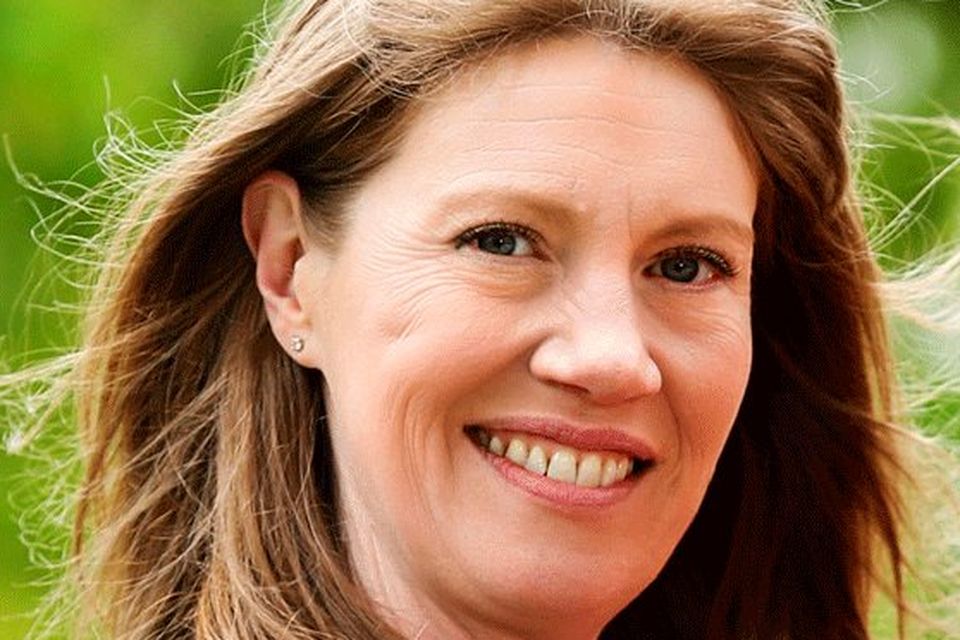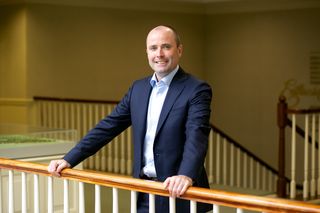Mary Griffin appointed as new chief executive of Irish Nursing and Midwifery Board
Mary Griffin
The regulator for nurses and midwives, which has been at the centre of controversy over delays in processing the registration of nurses from abroad who want to work here, has appointed a new chief executive.
Mary Griffin takes over the reins as chief executive of the Nursing and Midwifery Board of Ireland (NMBI), Bord Altranais from early June.
She was previously with another regulator CORU which oversees professionals such as social workers
A native of County Clare, she now lives in Dublin.
She said she is looking forward to tackling the body’s” ambitious reform agenda.”
The nursing regulator was recently strongly criticised by Tadhg Daly of Nursing Homes Ireland, who
said private nursing homes were facing a staffing crisis because of the delay in getting nurses from abroad through red tape in order to allow them to work here.
“The most recent figures available from the NMBI, provided to NHI last week, state at the end of February 2,218 applications were awaiting processing.
“ Of these, 581 are at an advanced stage in their registration process and we are calling on the nursing regulator to process such high volume of nurse applicants in as timely a manner as possible”.
He added:” Irish society is faced with a shortfall of suitably qualified nurses yet candidates with a willingness to work within our health services are faced with exceptionally prolonged and exaggerated delays in the processing of their applications. “
Commenting on the appointment Essene Cassidy, the nursing regulator’s President, said: “Mary was instrumental in the establishment of a new patient-focused independent regulator and its delivery of governance and change.
“ She brings significant and diverse experience to this role with NMBI. Her understanding of the public sector and the health system, along with her management expertise and insight, will ensure we can fulfil our statutory responsibility to protect the public, but also meet the needs of nurses, midwives and our wider stakeholder community into the future.”
Join the Irish Independent WhatsApp channel
Stay up to date with all the latest news















